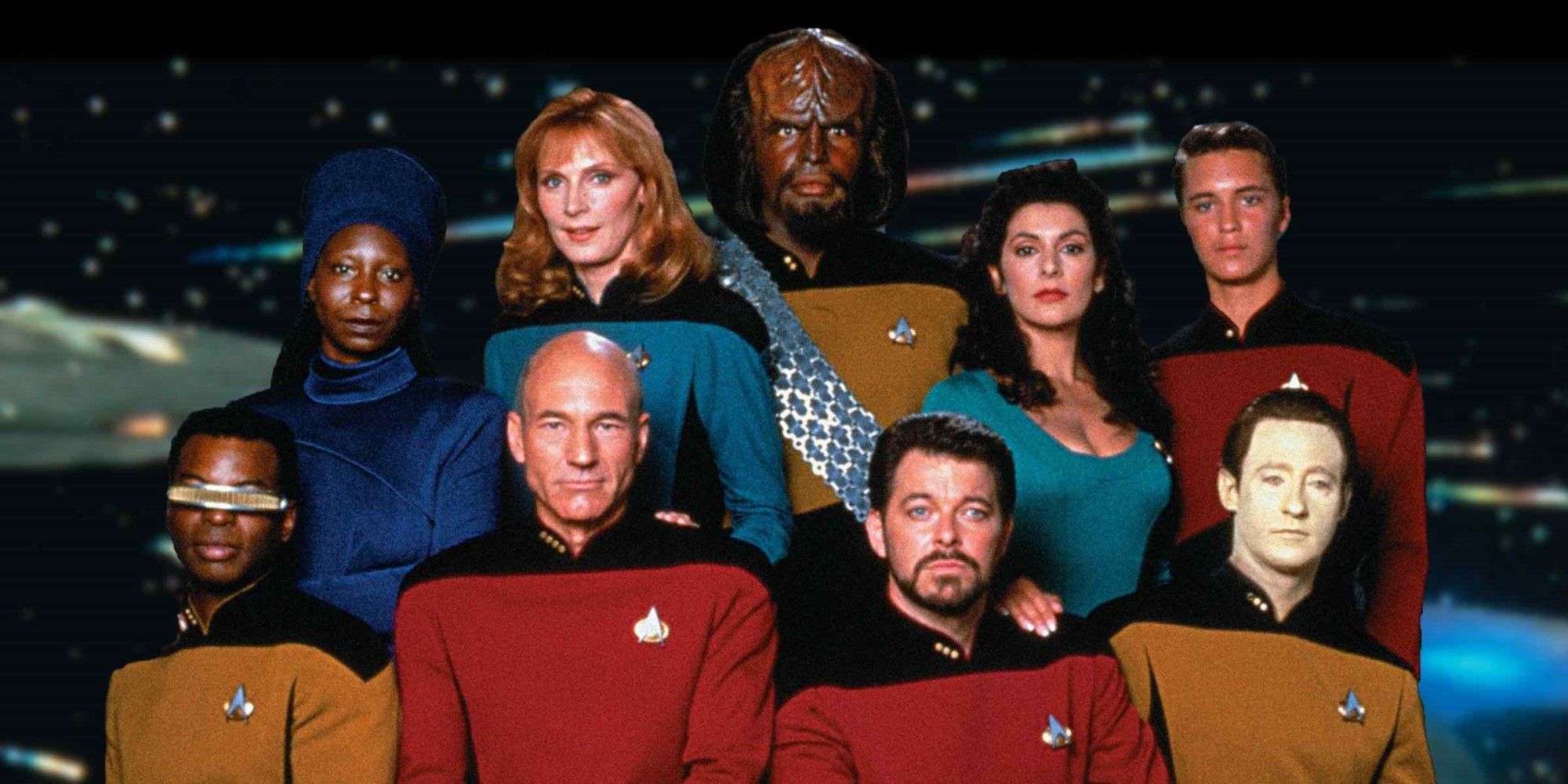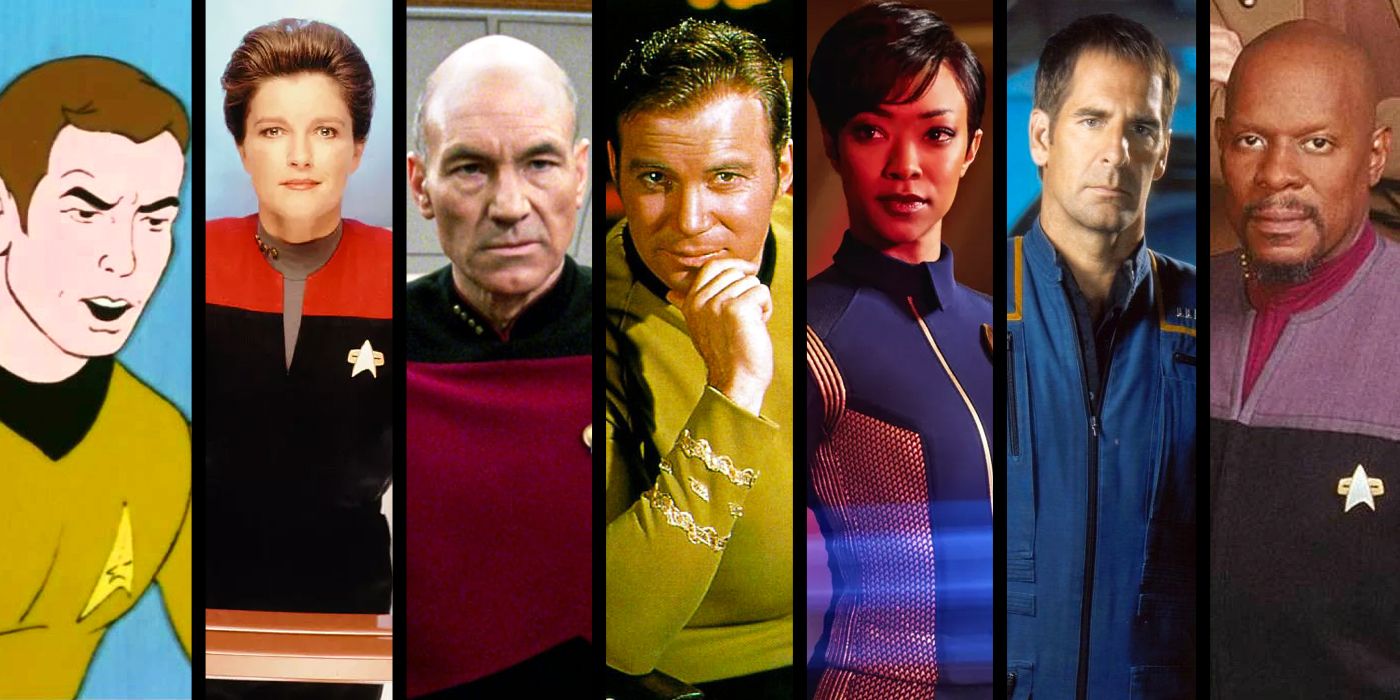Why Doesnt Star Trek Continue After Voyager
Star Trek: Why So Many Shows End After Season 7
Many of the shows in the Star Trek franchise have ended after seven seasons, thanks largely to Star Trek: The Next Generation starting the tradition.
The Star Trek franchise has had many shows end after seven seasons, thanks largely to a tradition started by Star Trek: The Next Generation. The franchise began in 1966 with Star Trek: The Original Series and has gone on to encompass nine series, thirteen movies, and multiple other forms of media including books and video games. After a lull in content in the early 2000s, Star Trek is experiencing a recent renaissance, with three new shows currently airing on streaming platforms and multiple new projects being developed.
Star Trek was not always so popular, however. TOS was famously canceled in 1969 after three seasons, andStar Trek: Enterprise was canceled in 2005 after only four. TOS and Enterprise hold the distinction of the only two shows in the franchise to be outright canceled by their networks. This is likely to remain the case since the popularity of the newStar Trek shows will presumably allow them to continue on their own terms for as long as they want. However, some of the biggest shows in the franchise that were not canceled, including TNG, Star Trek: Deep Space Nine, and Star Trek: Voyager all ran for seven seasons, creating something of a tradition that Star Trek fans have not failed to notice.
TNG began this tradition when the decision was made to end the show after season 7 in 1994. Although TNG was technically "canceled" by Paramount, the show was brought to a close because the studio was interested in relaunching it as a movie franchise, which they did that same year. BecauseTNG was not canceled due to low ratings or viewership, the decision to end it happened well in advance of the final season, giving the creative team a chance to develop a finale that wrapped everything up well.TNG had specific reasons for ending after seven seasons, but the two shows that followed in its footsteps, DS9 and Voyager, did so largely because of the success of TNG's run.

Both DS9 and Voyager were created because Paramount wanted to ride the wave of Star Trek popularity TNG had started in the early 1990s. Because of this,DS9 and Voyager were developed from the start to run for seven seasons, in order to emulate TNG. However, although both shows made it to the end of their seven-season runs without being prematurely canceled, neither enjoyed the same level of success that TNG had. DS9's ratings were steady but consistently lower than TNG's, mostly due to its serialized nature. Likewise, the failings of the United Paramount Network hurt Star Trek: Voyager, which was developed to be the network's flagship show and not immediately released in syndication. While TNG could potentially have continued on after season 7, this number turned out to be just right for the slightly less popularDS9 and Voyager to tell their stories in.
It is fitting, however, that the three most interconnected shows in the Star Trek franchise also all have the same number of seasons. With their overlapping plots and focus on largely the same period in the timeline, TNG, DS9, and Voyager feel like a mini-franchise within Star Trek, and this feeling is only intensified by their equal number of seasons. It is hard to say if any more Star Trek shows will go on to emulate the seven-season model, but with the new shows' popularity, it is likely that fans won't have to wait long to find out.
Source: https://screenrant.com/star-trek-tng-voyager-ds9-end-season-7-why/

0 Response to "Why Doesnt Star Trek Continue After Voyager"
Post a Comment